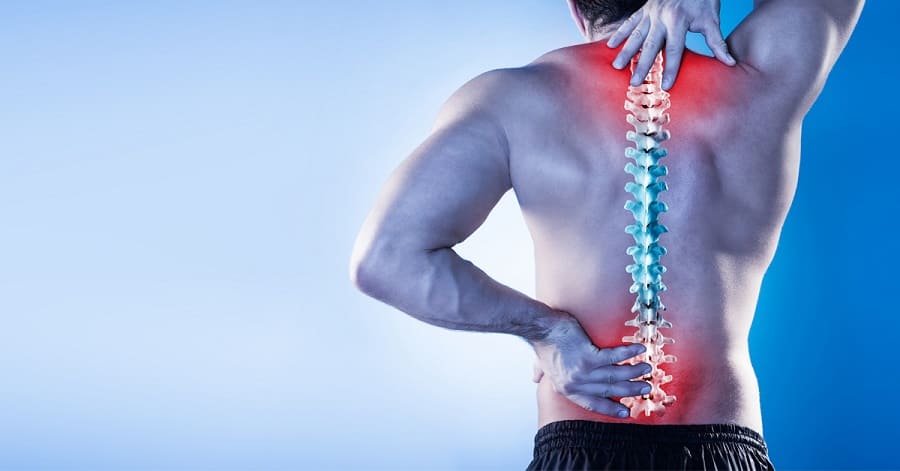Currently Empty: $0.00

What to Do if You Have Neck or Back Pain After a Rear-End Accident
A rear-end collision can quickly result in many neck and back injuries, from whiplash to a herniated disc. Whether you notice neck or back pain immediately or discover pain that seems to show up days after the accident, your actions can help protect your right to compensation and make it easier for you to recover fully.
What To Do If You Notice Neck or Back Pain Immediately
You hear the crash of metal and feel the jolt of the car moving abruptly forward. Even as you get out of the car after the accident to survey the damage and exchange insurance information with the other driver, you can tell that you have suffered a neck or back injury. What should you do next?
- Report the accident.
Immediately report the accident to the police. Wait at the scene of the accident for the police to arrive unless an ambulance arrives first and emergency medical professionals instruct you to leave the accident scene.
- Seek medical attention.
Do not allow neck or back pain to linger untreated or hope it will disappear in a few days. Pain indicates that something is wrong with your body because of the accident. Ignoring it could cause you to inadvertently worsen your injuries or delay needed treatment that could minimize further future pain.
- Follow any treatment recommendations by the medical professionals involved in your treatment.
Many people feel tempted to ignore treatment recommendations, not because they know better than their doctors, but because they want to return to their normal activities as soon as possible. Unfortunately, pushing back to those activities early could cause you to worsen the injuries you may have sustained in your rear-end collision and leave you struggling to recover fully from the accident.
Instead, follow all recommendations given to you by a medical care professional, from treatment recommendations about the procedures you may need to physical and occupational therapy. If your doctor recommends limiting certain activities, make sure that you avoid those activities until you have a chance to heal.
- Contact an attorney.
If you suffered a neck or back injury in a rear-end collision, or if the collision worsened an existing injury, you may have the right to compensation for your injuries. In a rear-end collision, the driver of the rear vehicle often bears liability. A lawyer can help you prove liability, establish the compensation you may deserve, and pursue compensation for the injuries you sustained in the accident.
Do not contact the other driver’s insurance company before talking to a lawyer since the insurance company may not provide you with all the information you need about compensation for your neck and back injuries–or may even try to pressure you to accept a settlement offer that does not fit the full needs related to your injuries.
If You Notice Neck or Back Pain Days (Or Later) After the Accident
Sometimes, you may think that the rear-end collision did not result in any injuries. You may have left the accident scene and gone about your day. Later, however, pain may have set in. Sometimes, neck and back pain emerges a few hours after the accident.
Other times, you may not notice the pain for a few days, especially if you write it off as general soreness from the accident.
Do Not Delay in Seeking Medical Care
If you try to “tough it out” that can hurt your personal injury case. Getting medical help not only is the right thing to do for your health. Seeing a doctor after a rear-end car crash also serves to document your injury for the insurance company.
Dealing with the aftermath of a serious rear-end collision can prove devastating, especially if you have serious neck and back injuries–whether you received a diagnosis for those injuries immediately after the accident or not.
Get in touch with an experienced car accident layer in Houston to talk about your rights and options after an injury accident.

